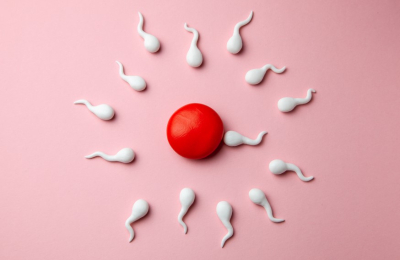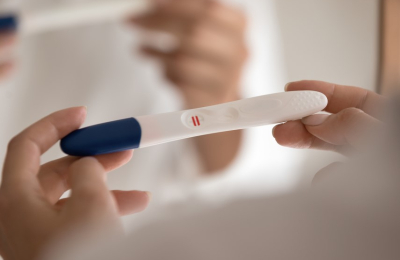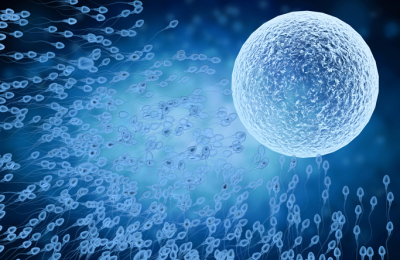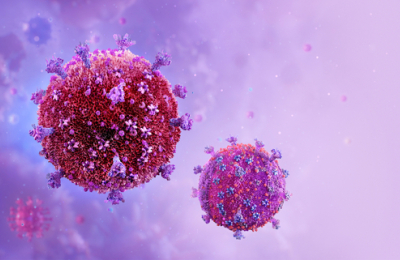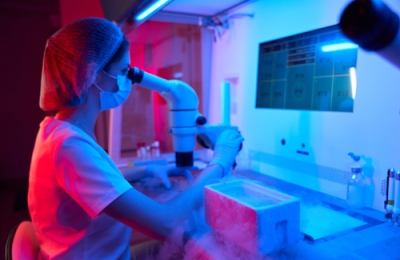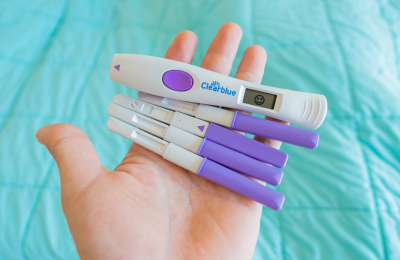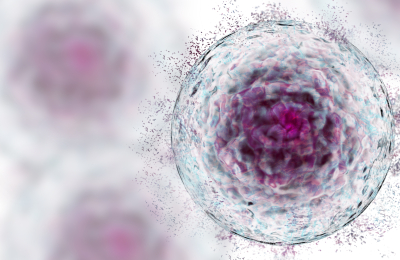
The study by Kobayashi et al. (2024) presents a novel AI-based model designed to predict male infertility risks using serum hormone levels, eliminating, or delaying, the need for traditional semen analysis. 'Usually, the first step in the diagnosis of male infertility is to perform a semen analysis, and if abnormalities are found, a hormone test is performed,' stated Professor Hideyuki Kobayashi at the Department of Urology, Toho University School of Medicine in Tokyo, Japan. 'This is the world's first AI prediction to determine the risk of male infertility without semen testing,' he continued to the Daily Mail.
Conducted on a dataset of 3,662 men, the AI model analyses hormone levels like follicle-stimulating hormone (FSH), luteinizing hormone (LH), and testosterone to assess infertility conditions such as non-obstructive azoospermia, oligozoospermia, and other sperm-related abnormalities.
The model achieved an overall accuracy rate of 74%, with 100% accuracy in detecting non-obstructive azoospermia, a severe form of infertility. This AI-driven approach simplifies initial infertility screenings, making testing more accessible, especially in non-specialized medical settings. The model's ability to bypass the stigmatized and complex semen analysis could encourage broader testing, particularly in regions or clinics lacking specialized infertility services.
Although the model is not intended to replace semen analysis entirely, it serves as a useful preliminary screening tool, flagging potential cases for further, more detailed testing. The study paves the way for more accessible male infertility testing, potentially improving early diagnosis and treatment outcome.





















